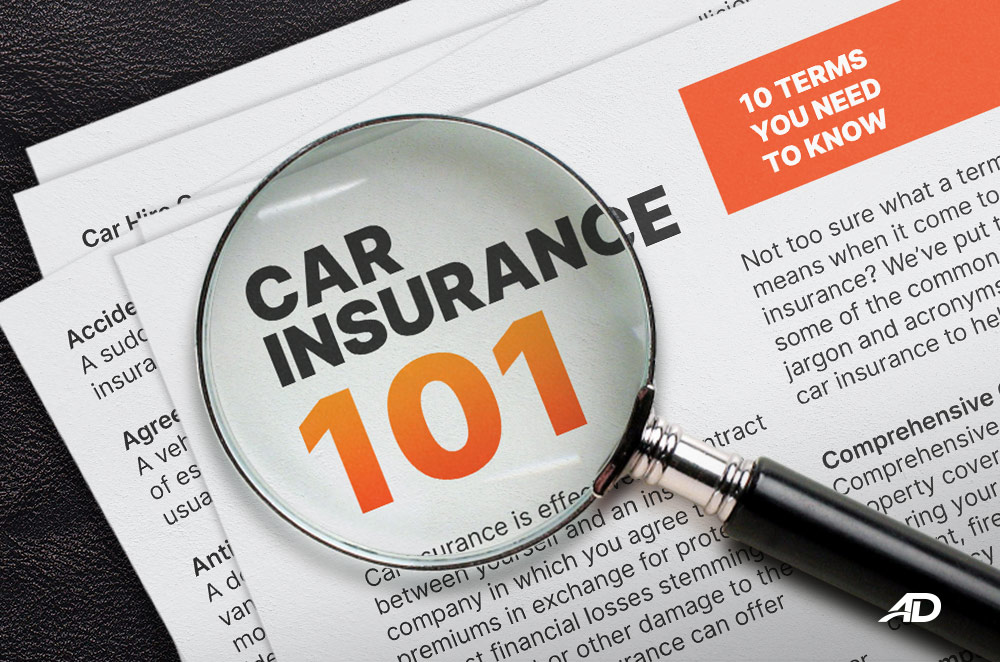
Navigating the world of car insurance can be overwhelming, especially for first-time car owners or those unfamiliar with the terminology and options available. However, understanding the basics is crucial for ensuring you’re adequately protected on the road. Here’s a comprehensive guide to what you need to know about car insurance.
1. Understanding Car Insurance Basics
Car insurance is a contract between you and the insurance company that protects you against financial loss in the event of an accident or theft. In exchange for your premium, the insurance company agrees to pay your losses as outlined in your policy.
2. Types of Coverage
- Liability Coverage: This is mandatory in most states and covers injuries and damages you cause to other people and their property. It typically includes bodily injury liability and property damage liability.
- Collision Coverage: This pays for damage to your car resulting from a collision with another vehicle or object, regardless of who was at fault.
- Comprehensive Coverage: This covers damages to your car from non-collision-related incidents like theft, vandalism, natural disasters, or hitting an animal.
- Personal Injury Protection (PIP): Also known as no-fault insurance, PIP covers medical expenses and lost wages for you and your passengers, regardless of fault.
- Uninsured/Underinsured Motorist Coverage: This protects you if you’re hit by a driver with no insurance or insufficient insurance.
3. Factors Affecting Car Insurance Rates
- Driving Record: Clean driving records often result in lower premiums, whereas a history of accidents or traffic violations can increase costs.
- Vehicle Type: The make, model, and year of your car can affect your insurance rate. Expensive or high-performance vehicles usually cost more to insure.
- Location: Your place of residence can influence your rates. Areas with high crime rates or dense traffic may lead to higher premiums.
- Credit Score: Many insurers use credit scores to determine rates, with higher scores often leading to lower premiums.
- Deductibles: The amount you’re willing to pay out of pocket before your insurance kicks in can affect your premium. Higher deductibles generally mean lower premiums.
4. Shopping for Car Insurance
When shopping for car insurance, it’s essential to:
- Compare Quotes: Get quotes from multiple insurers to find the best rate. Ensure you’re comparing similar coverage levels and deductibles.
- Check Discounts: Many insurers offer discounts for things like bundling policies, having safety features in your car, or maintaining a good driving record.
- Review the Policy: Understand what is covered and what is not. Pay attention to the fine print and ask questions if anything is unclear.
5. Maintaining Your Policy
Once you’ve chosen a policy, it’s important to:
- Pay Premiums on Time: Avoid lapses in coverage by paying your premiums promptly.
- Update Your Policy: Inform your insurer of any significant changes, such as buying a new car, moving, or adding drivers to your policy.
- Review Annually: Reassess your coverage needs annually to ensure your policy still meets your requirements and budget.
Understanding car insurance can save you money and ensure you’re adequately protected on the road. By being informed and proactive, you can make smart choices that offer peace of mind and financial security.




